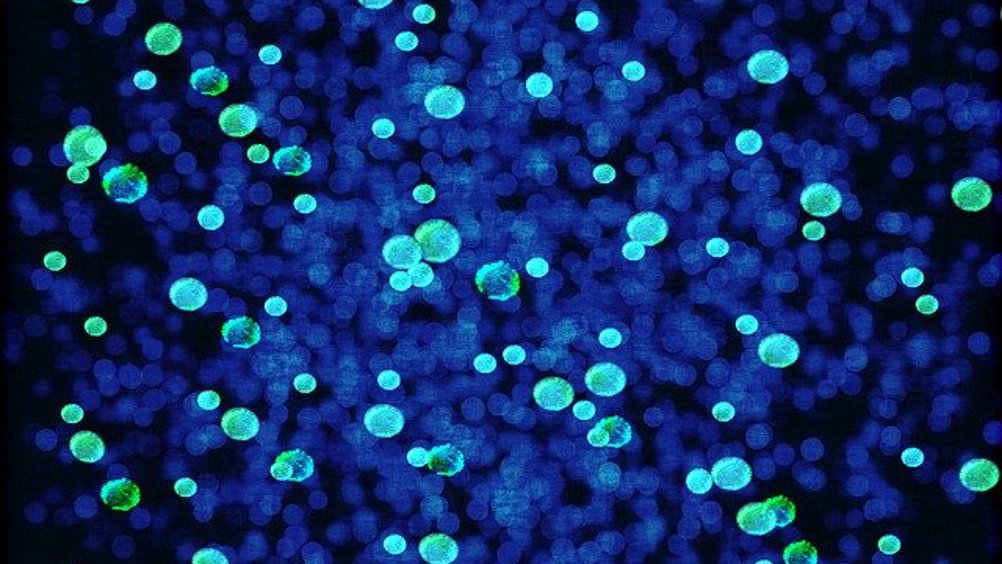Tiny device gauges ocean cell health with electrical field
Researchers at Rutgers University have designed a miniature device that can analyse the health of marine microbes by changes in an electrical field.

Described in Scientific Reports, the portable tool could be used to assess microbes, screen for antibiotic-resistant bacteria and analyse algae that live in coral reefs. The device is able to quickly distinguish whether a cell is stressed, robust or unaffected by environmental conditions. Microbes pass single file through a micro-channel that’s thinner than a human hair, with the impedance - the amount an electrical field is perturbed when a cell passes through the channel - measured. Variations in impedance across a population reflect size and physiological state, both of which provide important indicators of health.
Engineering a superbug fightback
Antimicrobial resistance: a call to arms
"This is very important for environmental biology, given the effects of climate change and other stressors on the health of microorganisms, such as algae that form harmful blooms, in the ecosystem," said senior author Mehdi Javanmard, an associate professor at Rutgers’ Department of Electrical and Computer Engineering.
Register now to continue reading
Thanks for visiting The Engineer. You’ve now reached your monthly limit of news stories. Register for free to unlock unlimited access to all of our news coverage, as well as premium content including opinion, in-depth features and special reports.
Benefits of registering
-
In-depth insights and coverage of key emerging trends
-
Unrestricted access to special reports throughout the year
-
Daily technology news delivered straight to your inbox










Industrial Strategy Takes Aim At Electricity Prices
So first you have a bunch of schemes that combined make UK industrial electricity prices some of the highest globally. Specifically, UK industrial...